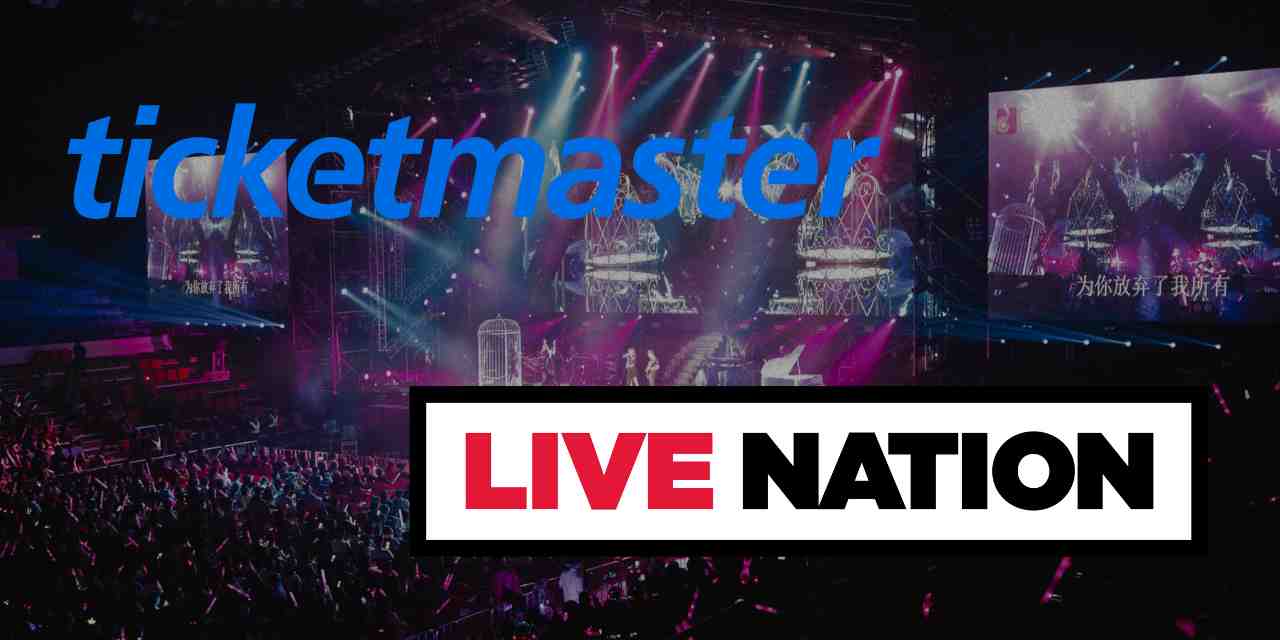
Consumers buying concert tickets in 2025 are seeing big changes—and even bigger prices. Ticketmaster and Live Nation, two of the biggest names in live entertainment, are now required to follow a new Federal Trade Commission (FTC) rule aimed at eliminating hidden fees. But while the rule brings more pricing transparency, it doesn’t stop the skyrocketing costs driven by bots, dynamic pricing, and resale markups.
FTC rule requires upfront pricing for tickets and lodging
The FTC’s new Junk Fees Rule, effective May 12, requires companies like Ticketmaster, Airbnb, and others to disclose the total price of a ticket or short-term stay upfront. This includes mandatory fees like service charges or facility fees, though it excludes taxes and optional charges such as shipping.
What businesses are affected:
- Live event ticket sellers (concerts, sports, theater)
- Hotels, motels, and vacation rentals (including Airbnb and VRBO)
- Resale platforms and travel agencies
Fees that must be included upfront range from non-optional online service fees to cleaning fees for vacation rentals.
Ticketmaster responds with “All-In Prices” and live queue updates
Ticketmaster announced that it will now display all mandatory ticket costs upfront, excluding taxes. The change is designed to help fans avoid surprises at checkout.
The company also introduced new real-time updates during high-demand sales. For popular shows with long wait times, users will now see available price ranges, live ticket availability, and notifications for newly added tour dates—all while still in the queue.
Why are concert ticket prices so high?
Ticket prices have surged across the board. According to Pollstar, the average concert ticket now costs $135.92—up from $91.86 in 2019.
Resale prices are even more extreme:
- A floor seat for Billy Joel and Stevie Nicks at MetLife Stadium hit $3,821 on Ticketmaster’s resale platform.
- Tickets for Taylor Swift’s Eras Tour were originally priced from $49 to $899, but resale prices averaged $2,130.
While artists set the initial ticket price, resale markets operate with little oversight. Once tickets sell out, brokers and bots can legally resell them at any price.
The role of bots and AI in ticket scalping
Scalper bots are a major driver of inflated resale prices. These bots can create fake accounts, bypass captchas, and buy large quantities of tickets faster than any human. They are increasingly powered by artificial intelligence, making them harder to detect.
The Better Online Ticket Sales (BOTS) Act bans the use of such bots, but enforcement is limited. Since the law was passed, it has only been used once—in 2021, against three New York brokers.
FTC officials and security experts say the technology used by scalpers often outpaces what regulators can handle.
Ticketmaster profits on both sides of the transaction
Ticketmaster collects fees from both the original sale and the resale of tickets on its platform. These fees are shared among the ticketing platform, the promoter (often Live Nation), and the venue.
According to Ticketmaster, the company receives 5% to 7% of the total fees. The rest covers production, marketing, and bot defense efforts.
The TICKET Act could bring national reform
While the FTC rule targets junk fees, a separate federal bill could change the entire system. The TICKET Act, which passed the U.S. House with broad bipartisan support, would:
- Mandate all-in pricing for all ticketing platforms
- Ban speculative ticket sales (selling tickets a broker doesn’t own)
It now awaits a Senate vote. If passed, it would enforce fee transparency nationwide and could reduce consumer confusion and price spikes.
What happens next?
- Ticketmaster and Live Nation will continue adjusting to federal and state fee transparency laws.
- The Senate may vote on the TICKET Act this summer, which could establish stricter national regulations.
- AI-powered ticket bots will remain a major challenge for regulators, consumers, and artists alike.
As the summer concert season heats up, fans should expect sticker shock—but also clearer breakdowns of what they’re paying for.

